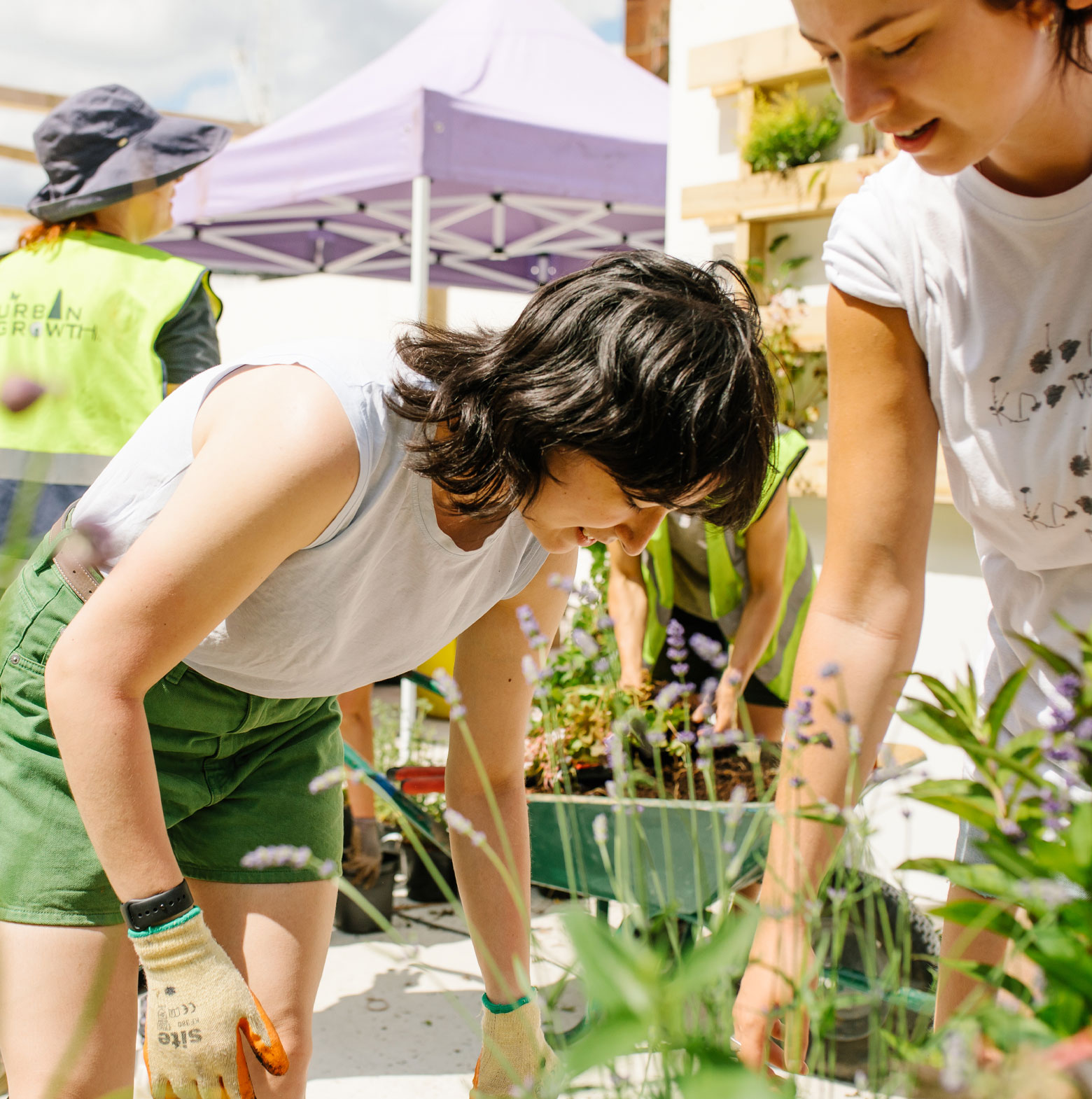Last week, Dominvs group joined Meeting Place Communications (MPC) and Real Estate Live UK for a lively and insightful panel discussion, Putting the ‘S’ in ESG.
Chaired by Nikki Davies, Managing Director, MPC, the panel kicked off discussions by exploring the definition of social value, it’s context and application within real estate, and the various frameworks in the arsenal of social value practitioners to account for and convey broader public benefits that considered development is ripe to unlock.
As part of this deep-dive, the panel examined how to embed social value across the development lifecycle, engage early with the local community and elevate marginalised voices through multilayered public consultation, alongside the challenges of measuring social value in a complex arena of competing methodologies.
Wesley Ankrah, Dominvs’ group Director of Social Value and Community Investment, discussed how Dominvs group embeds social value across the business:
“For us, it is about the people-side of the process, which I believe we do very well, and I encourage other developers to do the same.
“It will not only help your scheme but leave a legacy and positive impact in the area you are developing.”
Davies and Ankrah were joined by Dr Neil Murray (CEO at Impact Data Metrics), Gunilla Edwards (Economic Growth Specialist at Dacorum Borough Council), Patrick Dubeck (Director of Inclusive Regeneration at London Borough of Lewisham), and Dr Eime Tobari (Director and Social Value Strategist at COCREATIF).
At the heart of the discussion was a consistent message that research matters when creating socially valuable spaces. Panellists agreed that development cannot occur in a vacuum, and that an understanding of local context fostered through early-stage and collaborative engagement with the community on-the-ground is the first and primary step to successful and socially impactful development proposals.
To that end, Gunilla Edwards, speaking to the ‘view from the ground’ experiences of local authorities, emphasised, “transparent, consistent plans must be achievable and flexible with a menu of activities for developers to engage with on-the-ground resources, linking up with local providers, schools”.
Our approach is to get on the ground as early as possible and start building and establishing long lasting relationships with the local community.”
Wesley Ankrah, Director of Social Value, Dominvs group
The question was raised, of whether engagement of this nature can be truly collaborative. Patrick Dubeck argued that “social value, when outlined from the outset, as a project driver, strengthens growth”, reflecting on his experiences of Lewisham’s Catford development project framework. The project advocated spaces for inclusive community activity, and raised wider debate about the relationship of real estate to the public realm.
Dr Neil Murray gave credence to “understanding the silent majority and being able to access them, in channels where they consume information”. All too often, those that have the time and necessary resources to digest consultation materials make up a limited demographic, highlighting the need for community officers that can disseminate relevant information, and for inclusive reviewing, consideration of local policy drivers, and social value outcomes that are genuinely representative of local needs.
Nikki Davies suggested streamlining planning, to ensure information is accessible, and to enable people to provide feedback, outlining social value as “opening a door to conversation”. Patrick Dubeck shared this outlook, stating, “social value relies on differentiated approaches, as a standard stock approach in consultation gets only the most local, enabled voices coming forward”, to combat misrepresentation.
Dominvs’ group social value strategy is articulated by Wesley Ankrah, bringing into play extensive advisory experience as Founder of Seerbridge, a social value consultancy which in its acquisition by Dominvs group brings fresh thinking to the emerging social value practice:
“Our strategy is geared towards end-use. We have to understand the projects we are working on which involve high level engagement with the community and also within the business, so the culture continues into the business at more of a macro level.”
This people-first approach has been developed through collaboration: “Our [Dominvs’ group] meanwhile use project [Gaia’s Garden] created a ‘lessons learned’ and informative period which we are now carrying into the final design for not just younger people and office workers but schools and different boroughs of the UK …[it is] more about the impact on people’s lives and the calculation is just a way to give some validity to it.”
As for the future of social value within the wider ESG landscape, Ankrah’s advice spoke to the ‘awakening of social value’ within the real estate industry and the imperative to ensure the integrity of social value overtime:
‘An understanding of balance of the expectations of stakeholders, be that Local Authorities or communities, against your own capabilities. There is a lot of over-promising and under-delivering. That’s where social value has exposed some of the deficiencies in the planning and delivery process, the more we are genuine and honest with ourselves around what we can and can’t do, the more expectations will be levelled against capabilities and the more trust will be built.’






